Paradoxical Intention: How To Fight The Fear of Fear
Intention. You hear about it all the time. There is no shortage on articles talking about how to live life with intention. Its many benefits and so on. I’m a curious one so I started diving deep into it. To my surprise, I came across something different, a different type of intention. This one is supposed to help us fight the fear…of fear. They called it paradoxical intention.
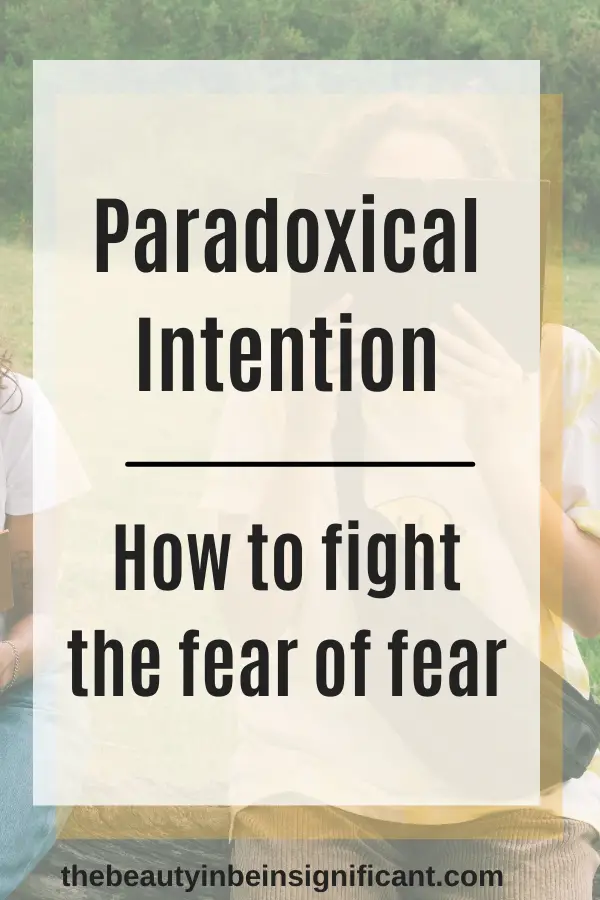
Table of Contents
What is paradoxical intention
Let’s break it down. What’s an intention in the first place? Well, it’s something that you want and then subsequently, plan to do. It’s that straightforward. My intention was to write a blog post about this topic. So I did my research and made a writing plan.
A paradox, however, is a bit more interesting. It’s a statement that may initially sound absolutely unreasonable, but ends up being proved to be true. So, what does that mean when you then combine the two together?
Paradoxical intention is the art of doing a neurotic habit with the goal of getting rid of it. See the contradiction? How are we supposed to get rid of a bad habit by constantly engaging with it? Well, that’s what we’re going to explore today. This tricky technique may end up being the solution to fixing a fear you may not be aware of.
What is it used for?
Paradoxical intention has been practiced by psychotherapists for decades. It has mainly been used to treat recursive anxiety. What’s that? Simply put, it’s the fear of fear.
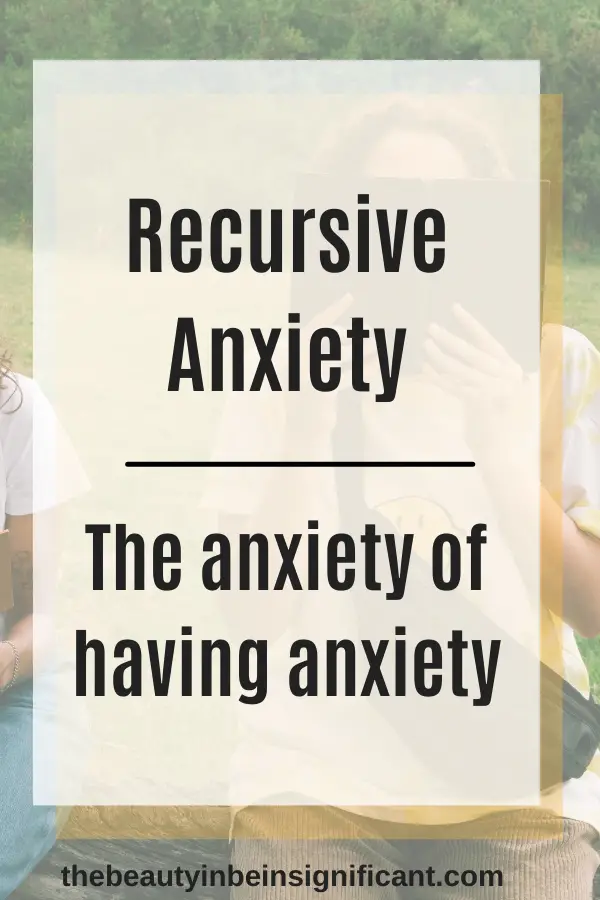
Let me paint you a story to explain this. It’s Monday morning, you’re 13 years old and, today, you’re about to give a presentation to your entire class. My absolute worst nightmare.
3 hours till the presentation. You arrive at school a bit early to get prepared. You’re definitely on edge. Why do I have to do this? It’s not fair. I’m terrible at public speaking. The anxious thoughts starts to creep in.
1 hour till the presentation. You notice that your heart rate is way up. Your breathing is quick and shallow. This can’t be normal. Worst of all, sweat patches start to show on your armpits. People will think I’m gross. What if I smell. How do I hide it so that no one notices?
30 minutes till the presentation. People can definitely notice the sweat. I’m going to look like a fool. Why is my heart beating so quickly? What’s happening? This a classic case of recursive anxiety. Now you may think that what’s going on here is that the anxiety is being caused by the act of public speaking. However, that’s not entirely true.
Recursive anxiety and paradoxical intention
Recursive anxiety happens when you become anxious about the effects of anxiety. You start to hyper focus on all the small details. Your fast hear rate. The sweat patches. Then, the negative spiral begins.
Because you’re afraid of judgement from other people, you become even more anxious. The cycle continues and continues. 0 minutes till the presentation. You’re an anxious mess who can’t bring sentences together to save your life. It’s over.
People who have recursive anxiety tend to place a very high value on being in a calm state at all times. Whenever their body feels slightly out of the normal, they panic. Losing control means the end of the world.
If you’ve ever been in this situation, you’re in luck, paradoxical intention can help you out. Do check out these articles if you want to read more about the theory being this fascinating topic.
Related articles
Paradoxical intention and recursive anxiety – ScienceDirect
Encyclopedia_of_Psychotherapy.pdf (d1wqtxts1xzle7.cloudfront.net)
Paradoxical Intention: 3 Step Process
Now, let’s dive into how we can actually practice this technique. A word of warning before we begin. It’s going to be a tough ride. Paradoxical intention was developed to make you confront your worst fears. Are you ready?
Step 1: What makes you anxious?
First, we have to identify the situation that triggers the symptoms of anxiety. Public speaking? Getting rejected by the opposite sex? Whatever it may be. You must be brutally honest with yourself and find it.
Personally, I’d recommend using a journal to help along this journey. By writing down what you’re feeling, you’re going to be able to have a better connection with your emotions over time.
I didn’t think of myself as an anxious person. It wasn’t until I started journaling regularly that I noticed how often I had symptoms of anxiety. Friend read my message and didn’t reply. Instantly starts distancing myself because they hate me. Asking for extra sauce at the restaurant. Heart rate goes through the roof as I raise my hand. I was truly a mess of anxiety without actually knowing it.
If you need some help to get you started with journaling, here are some of the prompts I use daily.
Related post:
Step 2: Embrace the fear
Now that we have some level of understanding of the problem, we’re going to battle it head on. This is where paradoxical intention shows its terrifying side.
Let’s continue using the example I talked about earlier. A fear of public speaking. What are we going to do to help that? Sign up for an open mic night. No, you didn’t read that wrong and I’m being 100% serious.
The foundation of this technique is based on forcing you into an anxious state. Signing up and giving a comedy routine (especially if you aren’t funny) is guaranteed to get your heart racing at a million beats per second.
What you have to do is embrace that anxious state. Get comfortable with being uncomfortable.
Step 3: Rinse and repeat
If you truly went through with step 2, then you deserve all the praise in the world. It’s not an easy task. Well done. However, don’t get too comfortable yet. Once is not enough.
To create long-lasting changes and re-program your way of thinking, you’re going to have to go through stage 2 repeatedly. I’ll be completely honest; it will suck at the start. The negative thoughts will dominate the positive. It’s to be expected.
However, as you keep repeating the positive pattern, the benefits will start to come through. You’ll start to understand that a lack of control of your body is not always a bad thing. You’re not going to die from a panic attack. People aren’t always going to judge you negatively. Finally, you’ll start freeing yourself from the fear of fear.
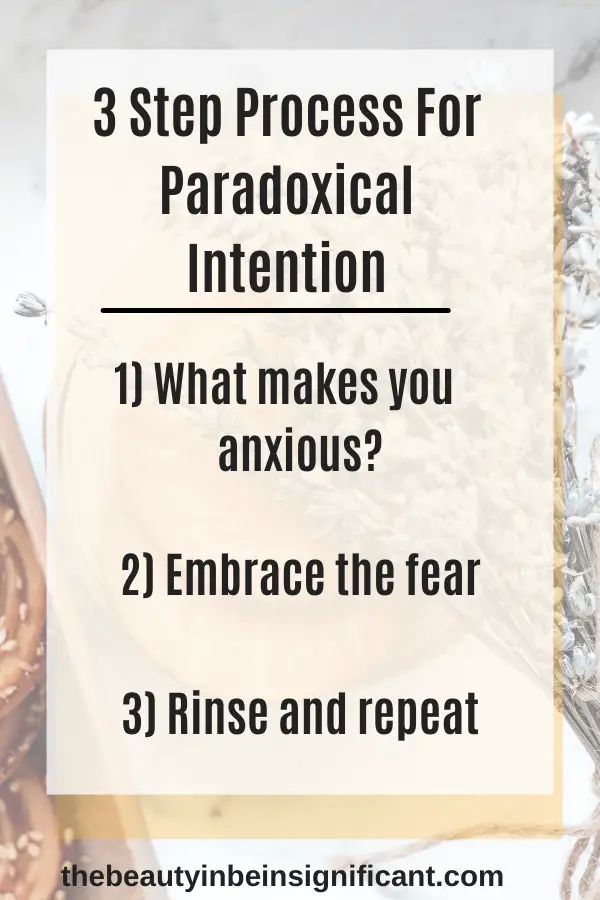
What do you think? Is paradoxical intention too hardcore? Personally, just the thought of confronting my worst fears constantly terrifies me yet excites me. It’s a weird feeling. Let me know your thoughts about it in the comment below.
If you enjoyed reading, make sure to join the email list for our weekly newsletter and to have exclusive access to our FREE Goal Statement PDF. It has helped me organise my goals for the coming year and I couldn’t be more excited to share it with you all.
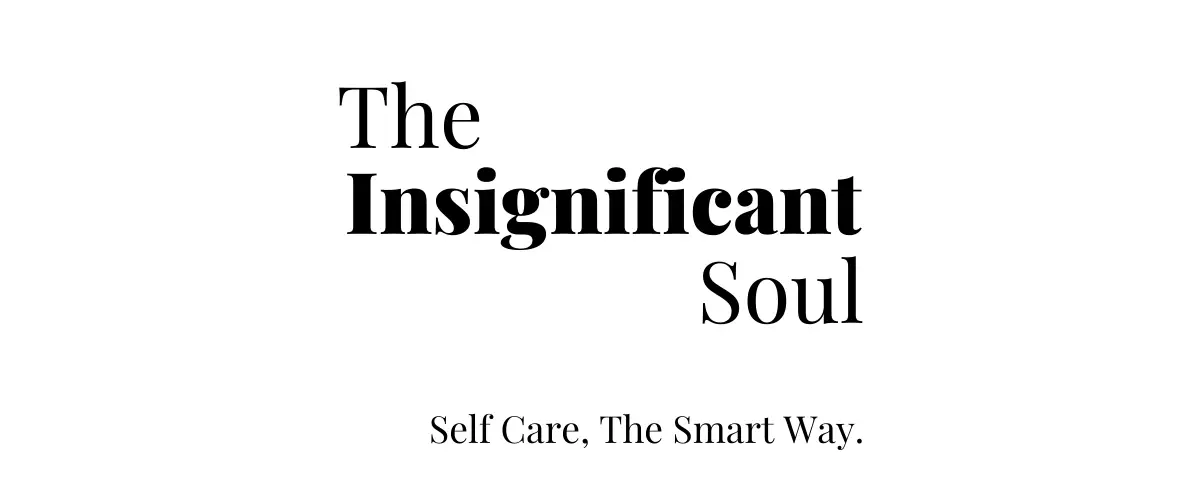
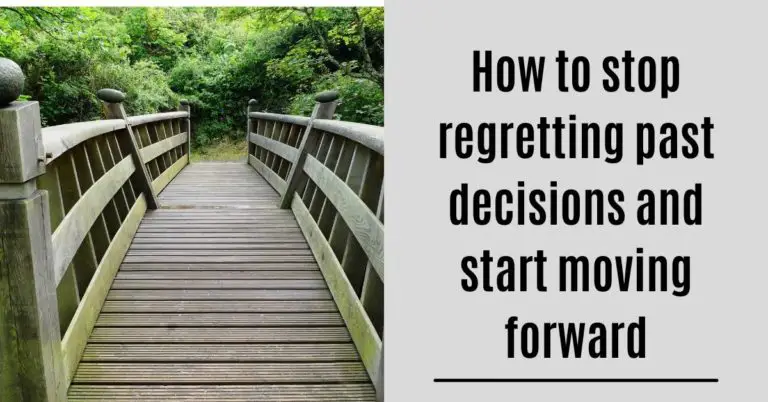
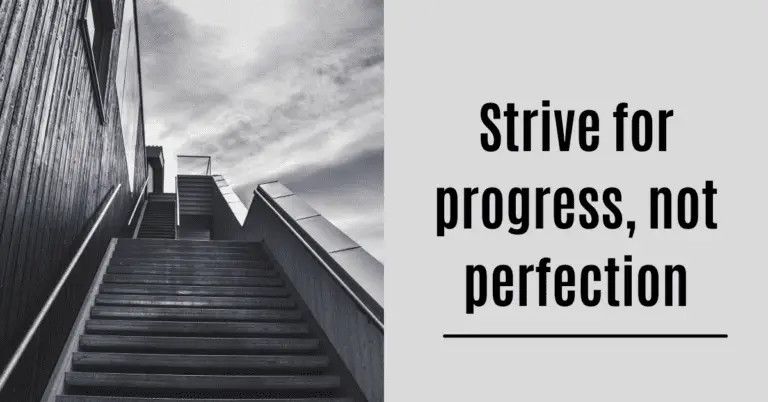
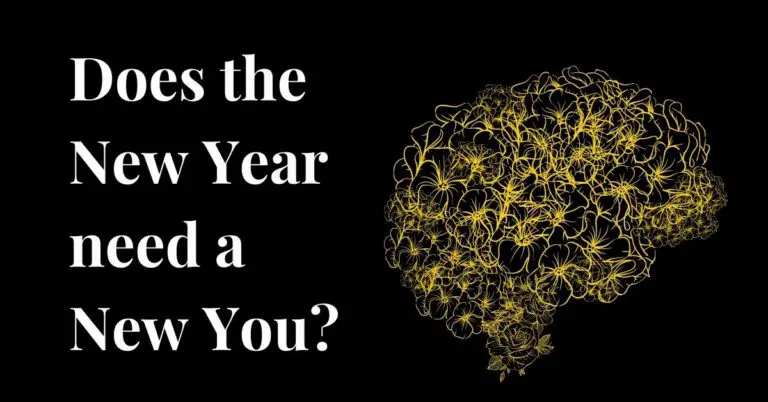



Interesting concept! Reminds me a bit of reverse psychology. I used to have a bit fear of public speaking, but after being required to present weekly for my job for years, I quickly eliminated the anxiety.
It is totally like reverse psychology! It’s very effective but it’s also extremely terrifying
wow! this is definitely a much needed topic to discuss.
I feel that you shed a new light to this concept.
well put together post and I thoroughly enjoyed reading it.
thanks for sharing.
Thanks for commenting and i’m glad that you enjoyed reading 🙂
My biggest fear – flying .
From the age of 18 to 35 – I’d fly about once or twice a year, occasionally for business, usually for a holiday in the sun.
I hated it from day one. I have flown in helicopters, commercial and even a private jet; ( Falcon 900 ), On the advice of some experienced and well meaning friends i decided to really face my fear and take flying lessons . I’d read the book , feel the fear , and do it anyway , and many others , I’d tried hypnotherapy , NLP, and psychoanalysis. During my first flying lesson – in a 4 seat single engine plane ( piper warrior 2 ) i felt the fear including a full blown panic attack at 10,000 feet which could have cost the pilot his life; A few weeks later he agreed to take me up again, in fact i had two more lessons- i haven’t gone near a plane since- that was 22 years ago – I journaled my own version of the Jeffers’ book “i felt the fear and now I’m phobic” – i learned there are many layers to phobias , fear of fear , disassociation, hyper anxiety, panic and so on -I also learned that, for me anyway, its not as simple as stepping up to the microphone . Don’t get me wrong I’m still finding and enjoying life as much as possible but accept that for now it doesn’t include high altitude methods of transport.
Amazing read.!